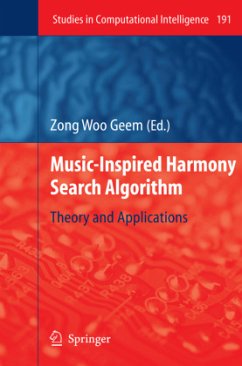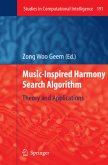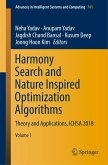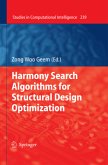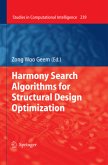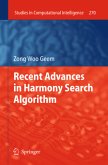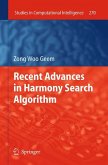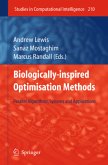Calculus has been used in solving many scientific and engineering problems. For optimization problems, however, the differential calculus technique sometimes has a drawback when the objective function is step-wise, discontinuous, or multi-modal, or when decision variables are discrete rather than continuous. Thus, researchers have recently turned their interests into metaheuristic algorithms that have been inspired by natural phenomena such as evolution, animal behavior, or metallic annealing.
This book especially focuses on a music-inspired metaheuristic algorithm, harmony search. Interestingly, there exists an analogy between music and optimization: each musical instrument corresponds to each decision variable; musical note corresponds to variable value; and harmony corresponds to solution vector. Just like musicians in Jazz improvisation play notes randomly or based on experiences in order to find fantastic harmony, variables in the harmony search algorithm have random values or previously-memorized good values in order to find optimal solution.
This book especially focuses on a music-inspired metaheuristic algorithm, harmony search. Interestingly, there exists an analogy between music and optimization: each musical instrument corresponds to each decision variable; musical note corresponds to variable value; and harmony corresponds to solution vector. Just like musicians in Jazz improvisation play notes randomly or based on experiences in order to find fantastic harmony, variables in the harmony search algorithm have random values or previously-memorized good values in order to find optimal solution.

